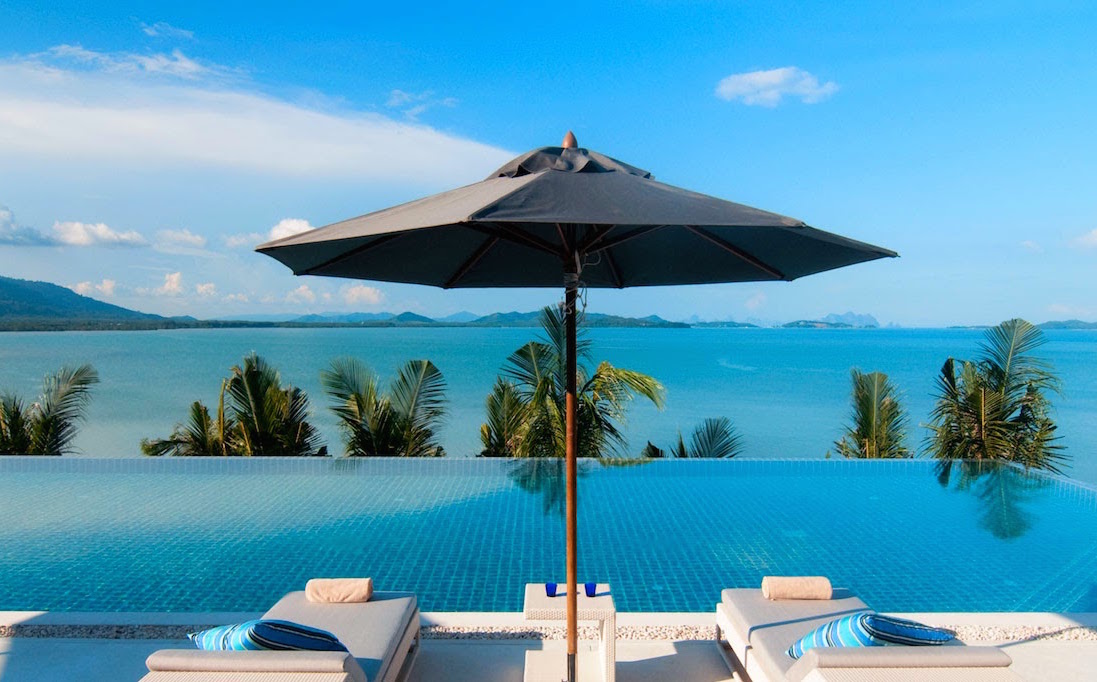Phuket expects tourism rebound in last quarter of this year
THE tourism business in Phuket continues to feel the pain from the global economic slowdown, but is expected to rebound in the final quarter of this year thanks to big cleaning days at beaches and new management tricks.
Surapong Techaruvichit, president of the Thai Hotels Association, said last week that the average occupancy rate at hotels in Phuket in April was 62 per cent, a 15-per-cent decline from 74 per cent in the same month last year. Three-star hotels experienced the biggest drop at 36 per cent while five-star hotels suffered a 9 per cent decline.
The hotel business in the upper Northeast also slipped by 15 per cent in April while hotels in Pattaya were down by 3.4 per cent. Bangkok was up by 21-28 per cent. Chiang Mai and the western region gained 7 per cent.
“The overall occupancy rate in April was 73 per cent, falling from 76 per cent in same month last year. However, the room rate increased slightly from Bt4,108 to Bt4,203.
“Thai tourism is being affected by the global economic slowdown, especially from the huge dive in arrivals from the Russian and Western markets,” he said.
The association predicts that the hotel business in Phuket and the whole country would revive in the last quarter when the high season arrives.
Krisada Tansakul, president of the association’s southern chapter, said the tourism business in Phuket would return to nearly normal in the coming peak season, running from October till March, as many foreigners should return to the famous island for vacation.
The resort island would be more crowded when Phuket International Airport completes expansion work at the end of next year. Last year, 14 beaches on the island were cleaned up by the military after it took over the country’s administration.
“After the crackdown, local administrators gave only 10 per cent of land at each of the beaches and turned the area into a one-stop service centre providing massage, food and drinks, and water activity information.
“All operators are not allowed to hunt for customers on the beach while tourists are advised to get service from a designated centre. Violators will be caught by police,” he said.
For long-term management without the military, the province has asked Prince of Songkla University to conduct a study on current enforcement and see whether this way will fit with the island. The study is set to be completed next month.
Besides the beach crackdown, taxis and public cars on the island have also been brought into the campaign.
“The association believes 12 million visitors will arrive on the island this year,” he said.





